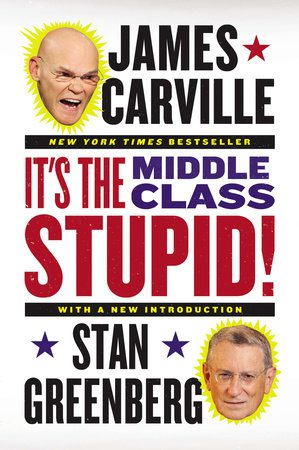Best Democratic strategy for base turnout and vote in 2014 includes ACA but overwhelmingly focuses on economic choice
This poll in the House battleground shows all of the major indicators largely unchanged since our last battleground poll in December when the country was pretty unhappy with the state of things. The anti-incumbent mood, Republican brand problems, President’s approval rating, and the congressional vote are all largely unchanged.
But one big thing has changed – and that is the views of the Affordable Care Act or Obamacare. Across all of the battleground districts, support has increased on all three tracking measures—and this is particularly true in the Republican-held seats. There have been big shifts on wanting to implement and fix the law and big drops in intensity for those who want to repeal and replace the law. This is one of the most significant changes we have seen in tracking in the battleground — and Republicans already have a lot of explaining to do.
What is really striking is that this change is overwhelmingly driven by Independents. In our last battleground survey in December, independents favored repeal by a 12-point margin; they now support implementation by 7 points.

This support has grown in both size and intensity among college-educated women and unmarried women.
The drop in intensity on the opposition/repeal side risks the GOP’s off-year turnout strategy – and indeed, in the Republican seats, the continued focus on ACA produces a somewhat lower turnout of base Republicans. In any case, by continuing to focus on the ACA, Republicans are emphasizing their weakest message according to this battleground poll.
The shift against repeal and opposition has just kicked in, but could begin to erode the Republican vote in the months ahead.
This fourth battleground poll of the election cycle is based on interviews with 1,200 respondents in 35 incumbent Democratic seats and 50 Republican seats; these are interviews with actual off-year voters, reflecting off-year demographics, using a named ballot in each district. But this survey included a unique experiment to see the impact when Democratic incumbents emphasized or de-emphasized the Affordable Care Act in their positive and negative campaigns. We assess the impact on both the vote and base turnout.
Unmarried women are the key target because they could be 20 to 25 percent of the electorate – and this poll reveals their limited interested in voting, as well as diminished levels of support for Democrats.
The survey, the experiment, and the regression models remind us that this economy remains tough, and that is the strongest framework for attacking Republicans and the strongest motivator for Democratic base voters to vote. Health care messages are important to Democrats’ success, but messages with an economic agenda at the center are strongest. .
The strongest framework for Democrats in challenging the Republican incumbents and in fending off Republican challengers is their support for “Speaker John Boehner and his policies that have hurt the economy and done nothing about jobs.” Half (50 percent) say that their incumbent “may be okay” but they would not vote to reelect because he or she supports the Speaker and the policies that produced gridlock and damaged the economy, and his priorities do not include getting to work on jobs.
That framework takes advantage of the terrible brand position of John Boehner and the Republicans in the House. What is so striking is how much more powerful is this framework than a parallel test with Medicare and taxes. Democrats need to be focused on the Speaker and the economy.

The strongest Democratic messages in the simulated campaign and the regression modeling begin with the economic agenda tested here:
Everyone in Washington is fighting instead of focusing on jobs and jobs that pay enough to live on. We should raise the minimum wage to $10.10 an hour, make sure women get equal pay for equal work, make job training and college more affordable, stop tax breaks for companies that export jobs…
The strongest messages also include education and fixing the health care law, while keeping the insurance companies out, as well as support for specific health care reforms. Nevertheless, it is critical for voters to understand first that Democrats are focused on jobs that pay enough to live on, while Speaker Boehner and Republicans in Congress have hurt the economy and done nothing about jobs.
The experiment will show that base voter turnout is higher with an economic focus, though health care messages and attacks remain critically important to the our message strategy. They also play a targeted role with college educated and unmarried women.




